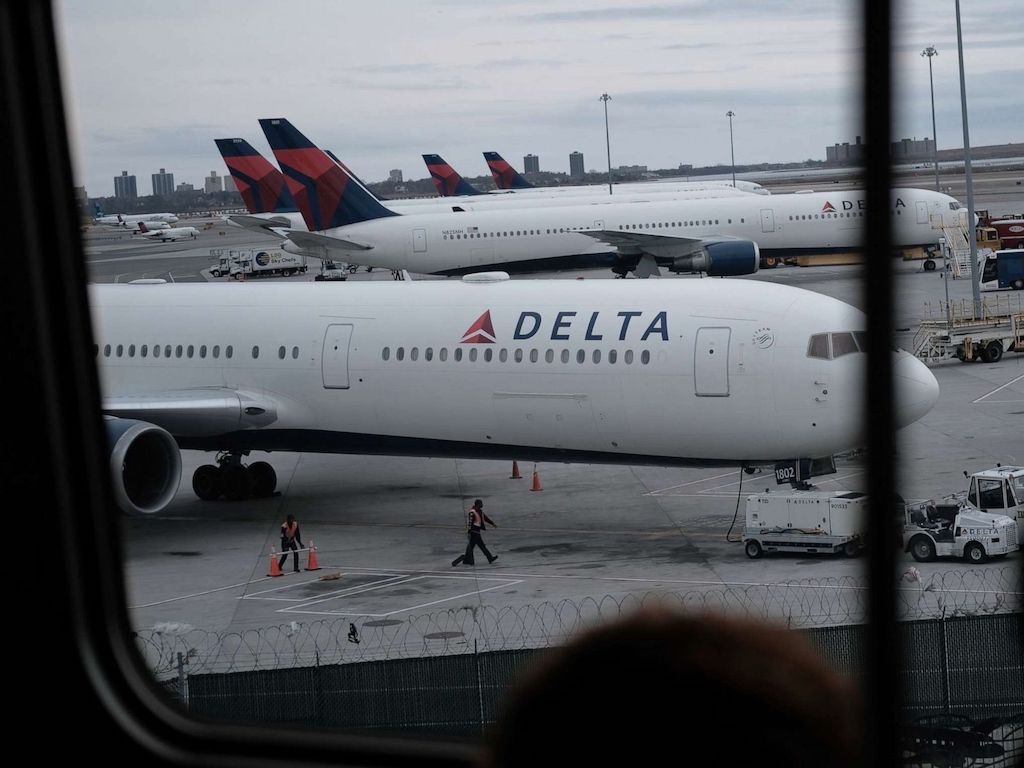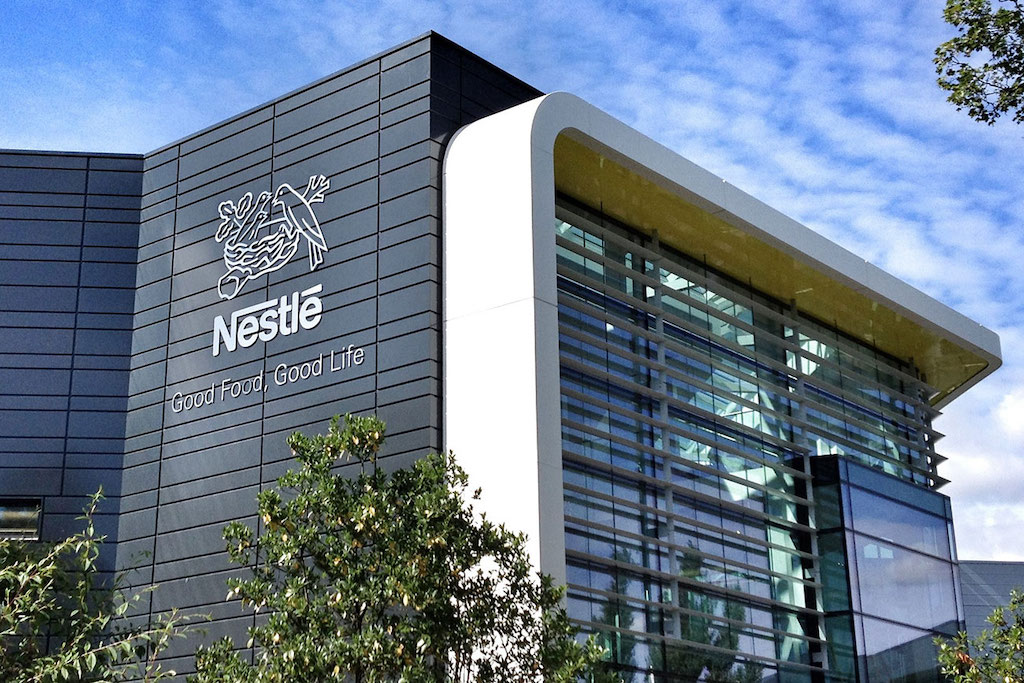Disney, Nestlé, easyJet Among Corporations That Invested in ‘Likely Junk’ Carbon Offsets
5 Mins Read
Some of the world’s richest and most polluting companies have been investing in carbon offsets that are “likely junk”, according to a new analysis.
In 2023, non-profit Corporate Accountability and the Guardian undertook a joint investigation analysing the top 50 carbon emissions projects globally, based on the number of credits sold. They found that 39 of these 50 (78%) were “likely junk” or worthless, owing to failures that undermine the promised emissions cuts.
Now, an update of the database has shown that, despite multiple reforms and updated initiatives, things have regressed further. Carbon offset projects with one or more fundamental failings were classified as likely or potentially junk, depending on the number and gravity of the failings, with strong evidence of even one failing meaning promised emissions can’t be guaranteed. These failings include whether emissions cuts would have happened anyway, or if the emissions were just shifted elsewhere.
These top 50 projects represent nearly a third of all the credits retired in offset schemes globally. They include forestry schemes, hydroelectric dams, solar and wind farms, waste disposal and greener household appliances schemes across 20 nations – most of which are developing countries – according to data from emissions trading database AlliedOffsets.
The investigation has found that, now, 42 of the 50 projects (84%) are likely junk, and seven (14%) potentially junk – the latter means there’s at least some evidence of a failing. These carbon credits were purchased by some of the largest companies in the world, including Disney, Nestlé, Gucci, Volkswagen, Delta Air Lines, easyJet, and ExxonMobil.
“These findings shed further light on the dangerous distraction that the voluntary carbon market remains, despite multiple reforms, new initiative launches, and rolling out of updated principles,” said Rachel Rose Jackson, Corporate Accountability’s director of climate research and policy.
“What the evidence increasingly points to is that this scheme effectively operates to evade, not guarantee, meaningful climate action, and to greenwash further fossil fuel use and pollution. We shouldn’t be plugging holes in a sinking ship, not when millions of lives are at stake.”
Fossil fuel and travel industry lead junk carbon credit purchases

The database shows that, for 33 of the top 50 corporate buyers, a third of their offset portfolios are likely junk. The fossil fuel industry is the largest investor in these schemes, with 43% of the 81 million carbon credits purchased by these companies found to be probably junk.
ExxoMobil, for example, bought 3.7 million credits, of which 49% were for two projects classified as worthless. “Carbon offsets are a viable way to [reduce emissions and reach net zero], which is why we continue to evaluate them. We’re working to verify the claims cited in this analysis,” the company told the Guardian.
Meanwhile, the transport industry is also relying on dubious carbon offsetting projects to curb their climate impact, which accounts for a fifth of all emissions. But over 42% of the credits bought by airlines and 38% by automotive companies for the analysed projects were likely junk.
Outside fossil fuels, Delta has purchased more carbon credits than anybody else, but 35% of these were from 11 projects deemed worthless or junk by the analysis. The carrier is in the middle of a lawsuit that alleges it misrepresented itself as carbon-neutral, though it has rejected the allegations and filed to dismiss.
Meanwhile, 72% of all the credits purchased by easyJet in its history were for projects classed as likely worthless. The airline announced plans to transition away from offsetting in 2022 for its net zero goal for 2050, suggesting it would work on more fuel-efficient aircraft, carbon capture and storage, and so-called sustainable aviation fuels – but these practices aren’t necessarily climate-friendly, and could even exacerbate the crisis.
“In the short period we did offset customer emissions, we had robust due diligence processes in place, with all projects recommended by expert partners and all required to meet the highest standards available,” easyJet said.
Both easyJet and Delta have previously been found to use ‘phantom’ carbon credits to claim carbon neutrality.
“These findings add to the mounting evidence that peels back the greenwashed facade of the voluntary carbon market and lays bare the ways it dangerously distracts from the real, lasting action the world’s largest corporations and polluters need to be taking,” said Jackson.
Food industry a major investor in worthless carbon credits

The food and beverage industry is a major polluter, too – agriculture is responsible for a third of all emissions. But 37% of the credits purchased by this sector are likely junk, according to Carbon Accountability.
Similarly, 36% of carbon credits bought by Nestlé – the world’s largest food company – came from five projects deemed likely junk. Nestlé claimed it had stopped purchasing carbon credits from these projects in 2021/22. “Reaching net zero emissions at Nestlé does not involve using offsetting: we focus on GHG emissions reductions and removals within our value chain to reach our net zero ambition,” the company said.
In the entertainment world, nearly 62% of Disney’s retired credits are from two ‘likely junk’ projects. And fashion giant Gucci has an even higher proportion of worthless carbon credit investments (75%) – it has now dropped its carbon neutrality claim and is finalising new commitments.
Such moves are part of a larger shift from companies that are realising the inefficacy of carbon offsetting projects. This is why the voluntary carbon market, which was valued at nearly $2B in 2022, fell to $723M last year (a 61% drop).
Last week, the Biden-Harris administration in the US published new guidelines on responsible carbon offsets, which the government says would drive credible climate action – but experts have criticised the move. However, not all policy interventions have been bleak: last year, the state of California passed climate laws designed to curb greenwashing from the voluntary carbon market.
“Research demonstrates over and over that carbon markets are fraudulent, prolong the fossil fuel industries, accelerate climate chaos and violate the rights of Indigenous Peoples,” said Tamra Gilbertson of the Indigenous Environmental Network. “Keeping fossil fuels in the ground stops climate change, not incentivising pollution.”



